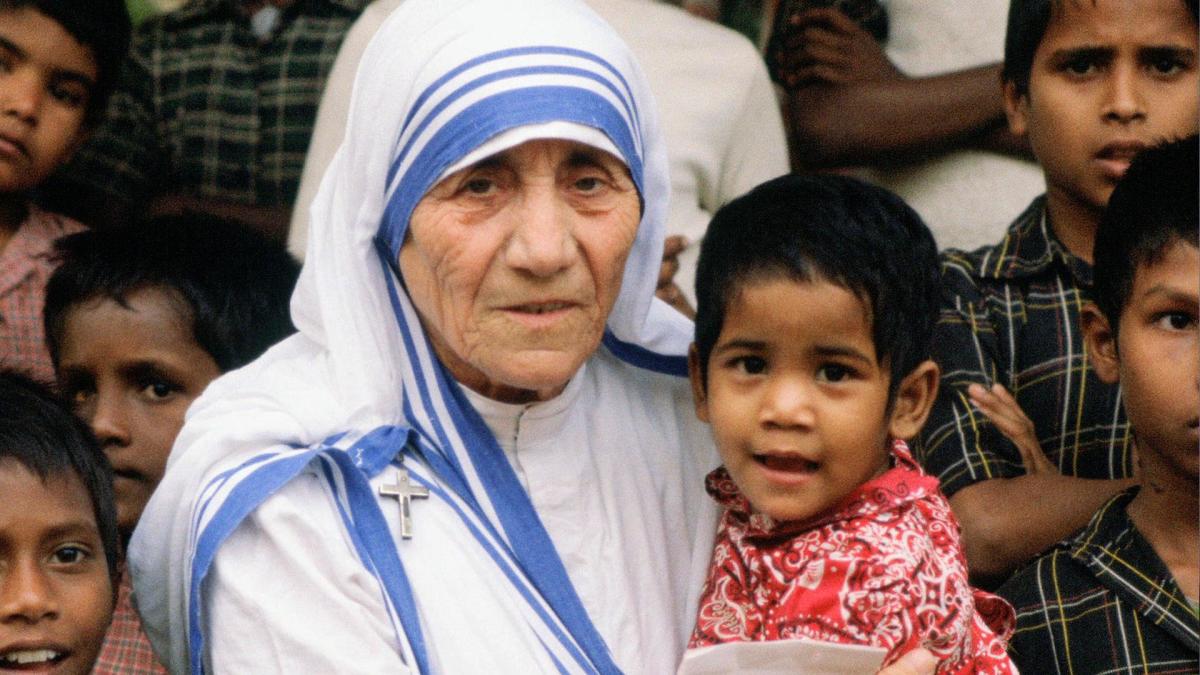
It’s been nearly 40 years since Mother Teresa was conferred India‘s highest civilian honour, the Bharat Ratna (Jewel of India), but there are growing calls for the accolade to be rescinded.
Last week, Indian authorities said they busted a baby-trafficking racket in a shelter run by the Missionaries of Charity, the religious order set up by the late Albanian-Indian missionary in 1950.
Child welfare authorities said a nun and one other person linked to the charity were selling babies to childless couples for between $550 and $1,450.
It’s the latest in a litany of scandals that have largely simmered beneath the surface for decades, but now threaten to explode in full view, with high-profile figures linked to India’s ruling Hindu nationalist Bharatiya Janata Party (BJP) leading the charge to revisit Mother Teresa’s legacy.
On Thursday, Subramanian Swamy, a senior BJP MP, said Mother Teresa’s Bharat Ratna award should be rescinded if the Missionaries of Charity group is found guilty.
“I 100-per-cent support it,” Swamy told India Today when asked if he was in favour of rescinding the honour posthumously if the allegations are proven true.
Swamy said his stance wasn’t merely influenced by the baby-trafficking scandal, saying he saw it as the last straw in a long line of criticisms levelled at Mother Teresa over many years.
He cited her loyalty to the late American financier Charles Keating, who was convicted of swindling millions of dollars from small investors in the 1980s — Teresa’s charity benefited greatly from Keating’s donations, and she even wrote to a California Superior Court judge seeking clemency for Keating on account of his being “kind and generous to God’s poor,” according to a letter published by Christopher Hitchens in his book, “The Missionary Position.”
Keating was sentenced to 12 years and seven months in prison, but only served a third of the sentence before his conviction was overturned on a technicality. He died in 2014, two years before the Catholic Church pronounced Mother Teresa a saint.
“I’m saying, if you have multiple examples of criminality by Mother Teresa, why should she be a person who should be celebrated in our country?” Swamy told India Today.
“We are not rubbishing the entire [Mission]. We are rubbishing the so-called ‘saint’ status of Mother Teresa.”
Indian critics aren’t the only ones to have challenged the acclaim afforded to Mother Teresa, however.
In 2013, a trio of Canadian academics published a scathing critique, titled “The dark side of Mother Teresa,” in which they said her beatification in the media was at odds with her true character.
Their review, published in the journal Studies in Religion/Sciences Religieuses, listed a number of allegations.
RELATED ARTICLES
- EU Approves Digital ID, Greece Becomes First to Adopt the Law
- Germany will arm Ukraine with Indian Artillery Shells
- UK Woman Charged with double attempted murder after Poisoning her own Children
- Indian Supreme Court Rules Mandatory Vaccines as 'A Grave Violation of Bodily Integrity and Personal Autonomy'
- Infant Drowns in 3 Inches of Bathwater as Mom Faints











